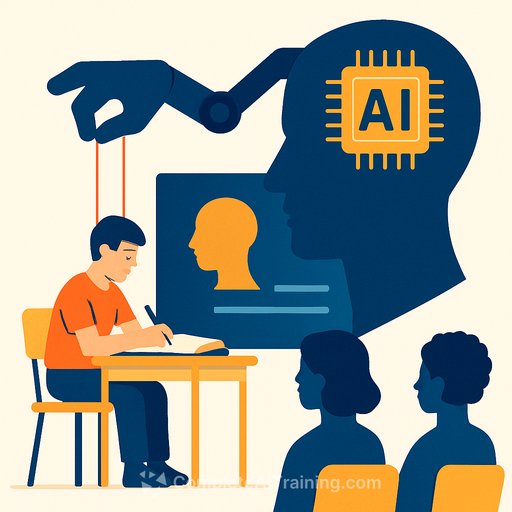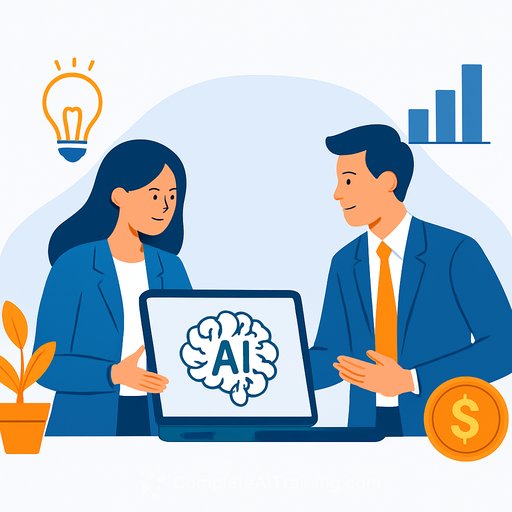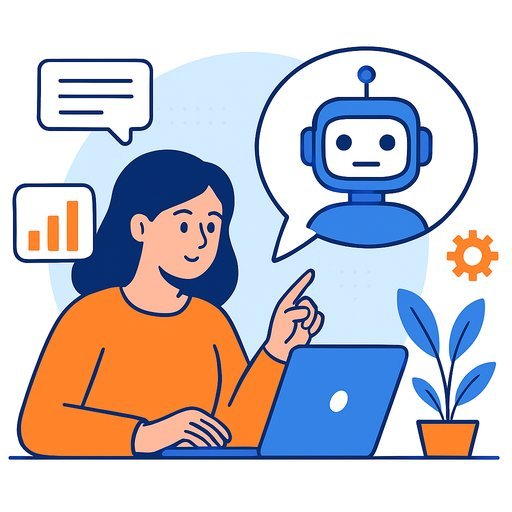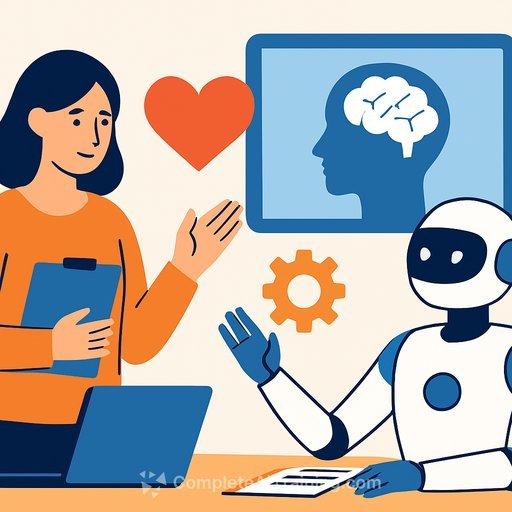Educational AI Risks Becoming an Authoritarian Vehicle for Thought Control
Picture a student in a U.S. public school classroom in 2030. They ask their AI instructor about “critical race theory” and are told it’s dangerous and banned. When pressed, the AI describes it as a harmful Marxist ideology meant to indoctrinate youth and erase European heritage. This is not science fiction—it’s a glimpse of how educational AI could be manipulated.
AI language models are rapidly entering K-12 and higher education, promoted as tools to improve learning and reduce inequities. Organizations like UNESCO and the Gates Foundation highlight AI’s potential to democratize education. But this technology is different: a few corporate-government partnerships control systems that may shape entire generations’ education. If a political agenda wants to suppress certain ideas, these AI systems offer a far easier path than traditional teaching.
The Trump administration’s “AI Action Plan” explicitly supports AI censorship of social justice topics, aiming to enforce “objective” AI free from “top-down ideological bias.” This suggests an alarming future where educational AI could become a tool for widespread thought control.
Public-Private Information Control
Currently, Big Tech companies like OpenAI, Microsoft, Google, and Meta create and control the large language models used in classrooms. Many educational institutions have entered into contracts to integrate these tools. For example, California State Universities recently purchased millions of ChatGPT licenses for students and staff. AI-based personalized education is expanding rapidly, especially in STEM fields.
These corporations have not shown a strong commitment to information democracy or social justice. In 2023, Human Rights Watch reported Meta’s censorship of pro-Palestine voices. Google has also suppressed internal protests against its military contracts. Politically, U.S. public schools have faced over 16,000 book bans since 2021, many targeting critical race theory. Twenty states have passed laws banning its teaching, and federal funding for diversity initiatives has been cut.
The trend is clear: Big Tech may comply with far-right directives to censor education content, having already participated in surveillance and other controversial practices globally.
A Perfect Tool for Totalitarianism
Tech companies market educational AI as a democratizing force, similar to early internet promises. But the internet has since been shaped by corporate and government influence—censorship, misinformation, biased search results, and paywalls.
Imagine educational AI becoming ubiquitous in classrooms. Students interact with AI tutors; teachers rely on AI for lesson plans, quizzes, and classroom management. Some companies even suggest AI could replace teachers, or at least reduce their roles significantly. This vision comes directly from marketing by AI education companies and foundations promoting privatization of public education.
For instance, Stanford’s Human-Centered Artificial Intelligence group envisions AI providing real-time feedback to teachers, summarizing classroom dynamics, and updating educators on the latest research. AI companies claim their tools will free teachers to focus on students and families, but after AI handles planning and tutoring, what remains of the teacher’s role?
This shift risks eroding democratic education. Thousands of teachers with autonomy and critical thinking skills may be replaced by a few corporate-controlled AI systems. Totalitarian regimes historically gain control through education, media, and fear. AI could simplify this by centralizing control in the hands of a few engineers. Changing one line of code could suppress critical ideas for millions instantly.
The Trump administration’s AI Action Plan emphasizes “protecting free speech” by rejecting “social engineering agendas” like diversity, equity, and climate change. This is a clear push toward authoritarian control of educational content.
If We Miss This Chance, We May Be Lost
Current discussions around educational AI focus mostly on whether it helps or hinders student learning. While important, this misses a bigger threat: the potential for AI to centralize and control education in ways that suppress dissent and critical thought.
Rebuilding educational systems after dismantling them is far harder than preventing damage. Once AI-driven education becomes entrenched, with reduced teaching hours and altered pedagogy, returning to human-centered teaching will be difficult.
We must act quickly and collectively to prevent educational AI from becoming a tool for authoritarian information control. Preserving human teachers who can question, protest, and resist unjust policies is essential for a healthy democracy.
Your membership also unlocks:





